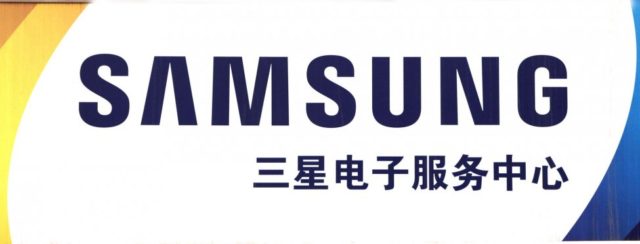Nov. 24 (UPI) — Amid a global shortage of chips, Samsung Electronics says it’s planning to build a $17 billion semiconductor manufacturing plant in Texas near Austin.
The new facility in Taylor, Texas, will make products based on advanced process technologies, the South Korean company said. The products will be for applications for areas including 5G, high-performance computing and artificial intelligence.
The facility, which is expected to create 2,000 high-tech jobs, will break ground next year and is expected to be in full operation by 2024.
“As we add a new facility in Taylor, Samsung is laying the groundwork for another important chapter in our future,” Kinam Kim, vice chairman and CEO of the Samsung Electronics Device Solutions Division, said in a statement.
“With greater manufacturing capacity, we will be able to better serve the needs of our customers and contribute to the stability of the global semiconductor supply chain.”
The announcement comes at a time of a global semiconductor chip shortage, due partly to the COVID-19 pandemic, which is causing disruptions across technological industries.
Samsung said it settled on the Taylor site because of its proximity to an existing Samsung manufacturing plant in Austin, and “local government support and community development opportunities.”
Taylor lawmakers and local school district officials offered incentives packages worth hundreds of millions of dollars, allowing it to outflank locations in New York and Arizona, according to the Austin American-Statesman.
“Companies like Samsung continue to invest in Texas because of our world-class business climate and exceptional workforce,” Texas Gov. Greg Abbott said in a statement.
“Samsung’s new semiconductor manufacturing facility in Taylor will bring countless opportunities for hardworking Central Texans and their families and will play a major role in our state’s continued exceptionalism in the semiconductor industry.”

COMMENTS
Please let us know if you're having issues with commenting.